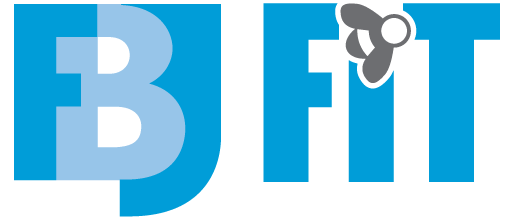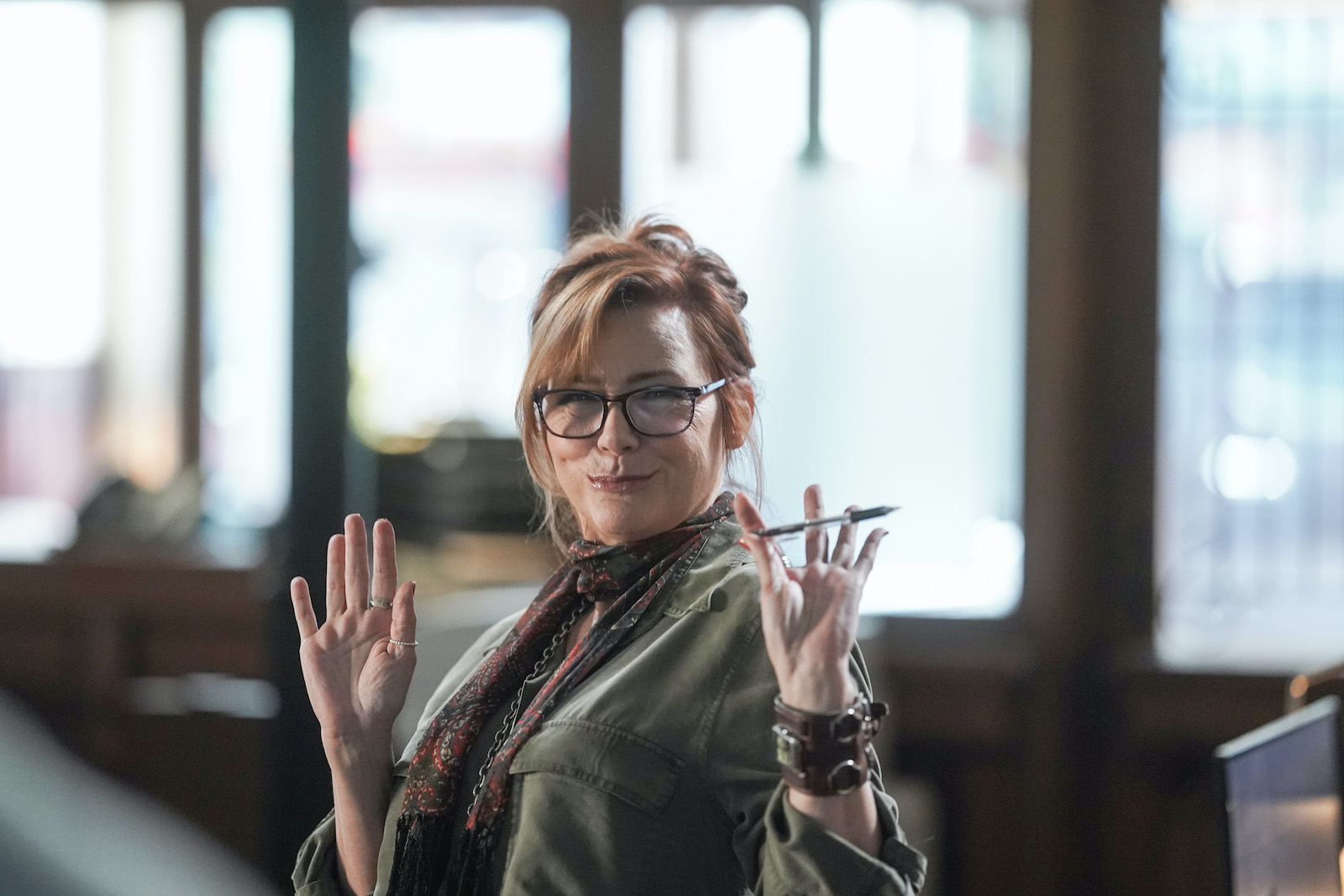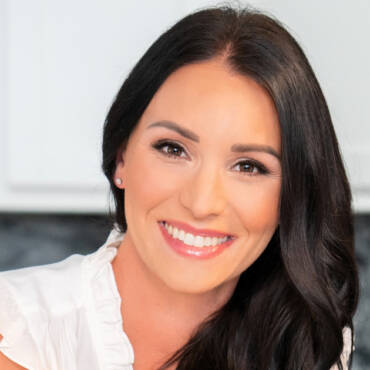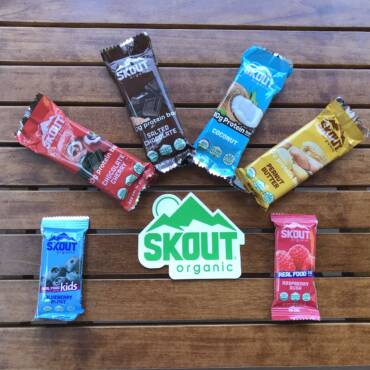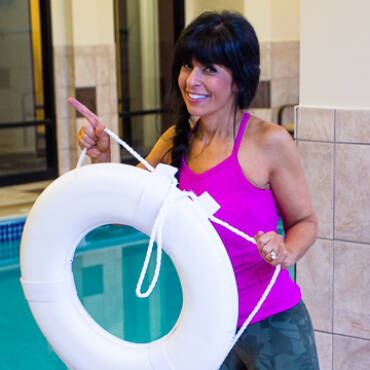Dedee Pfeiffer believes it’s important to “Look at life through a lens of curiosity, not resistance.” The actress and single mother of two teen boys currently portrays Denise Brisbane, a smart and sassy office administrator on the ABC breakout hit drama series, Big Sky. Pfeiffer knows the importance of looking at challenges through a lens of curiosity firsthand. Big Sky marks Pfeiffer’s return to acting after a ten-year absence where she was raising her two sons, battling addiction, getting her bachelor’s degree in psychology and eventually a master’s degree in social work. Pfeiffer is obviously curious about a lot of things. Pfeiffer had played Sheri Winston in the sitcom For Your Love and Rachel Blanders in the TV series Cybill, as well as countless television credits which include Friends, ER, and Seinfeld. She’s also appeared in films alongside George Clooney, Michael Douglas and Keanu Reeves in addition to appearing alongside her sister, Michelle Pfeiffer, in Up Close & Personal and Frankie and Johnny. Dedee shared some insight into the unusual path her career took and what she learned along the way.
*You’ve been very outspoken on how you battled addiction during your hiatus from Hollywood, what advice would you share with anyone else who is struggling?
I tend to take on an “all or nothing” sort of mentality in many areas of my life and battling alcohol addiction wasn’t any different. I began to realize that I needed to tell myself to take baby steps. When a challenge seems overwhelming, I tell myself to take smaller steps and help set myself up for success. In terms of a strategy for overall wellness, I think that reframing my self-talk was a crucial step. My own inner voice and self-talk was abominable. I think this is true for many of us and, if you really examine it, you will realize that you would never speak to or treat a stranger as cruelly as you do to yourself. The way we think becomes a feeling, and a feeling becomes a behavior. When I start to have a dark moment where my inner critic is surfacing, I stop and check myself. I literally will ask myself, “Is there any fact in truth to corroborate this thought?” I have vowed not to treat myself worse than I would anyone else. It’s such an important step to treat yourself with forgiveness and compassion.
*Big Sky, the ABC crime thriller series, is a breakout hit, and your role as feisty Denise Brisbane comes after a long hiatus from Hollywood. How did the role come about and what was it like returning to acting after such a lengthy absence?
About a year and half ago, I had just completed my master’s degree in social work and was questioning how I was going to support my two sons as a single mother while pursuing a career in social work, when I received an unexpected text from my sister’s (Michelle Pfeiffer’s) husband, David E. Kelley. I would see David on holidays with my family but, honestly, I didn’t even know he had my cell phone number and I almost dropped my phone when I read his text. He asked me if I was still acting and told me that he was working on a show that he thought I would be a great fit for. Getting the role of Denise has been such a blessing for me. She is such a fun character and, of all the characters I have portrayed, she probably has the most “Dedee” in her. It’s a role that is easily my favorite, as it’s truly the first role I’ve portrayed during sobriety and I’m incredibly proud of the work that I get to do. Not only does the show take the viewers on a wild ride, with lots of unexpected twists and turns but, in a very unexpected way, it gave me a way to reach people on a larger scale. I share my own story with an open vulnerability in the hopes that it resonates with anyone else who may be struggling with addiction, feeling hopeless, or not knowing how to take those first crucial steps towards recovery.
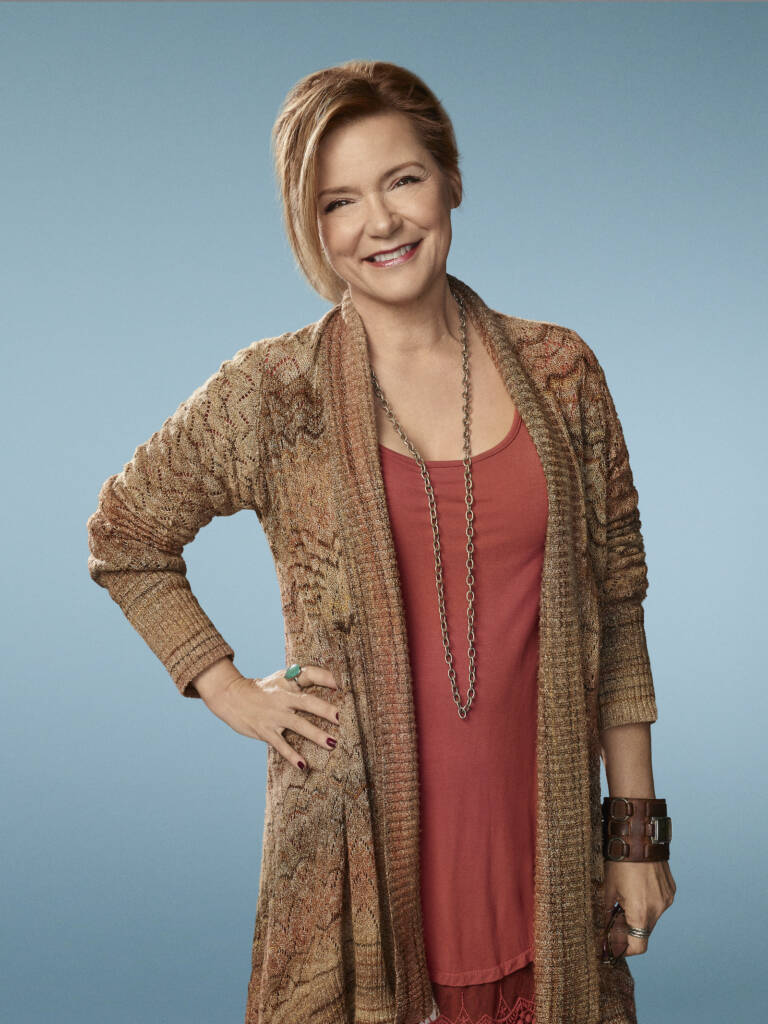
*If you could give your younger self some words of wisdom, what would you say?
The thing I wish I could really share with my younger self is an understanding that your power is in this moment. That, in fact, the only power you have is in the present moment and that you should absorb it and appreciate it right then and there. Regret and looking backwards doesn’t help you. You have a past, but you are not your past. Similarly, “future tripping” about what will happen doesn’t serve you either! Don’t take your precious time for granted and show yourself some compassion!
*Do you have a mantra or favorite quote that resonates with you?
“Forget your perfect offering. There is a crack in everything. That’s how the light gets in,” by Leonard Cohen really speaks to me. It took a longtime to appreciate and understand that perfectionism is silly. I spent a great deal of time chasing what I thought was the pursuit of a perfect body or a perfect life. I try to keep my heart and mind open and, particularly as someone who is in recovery, I just try to do the next right, indicated action. My job is to keep on top of my thoughts.
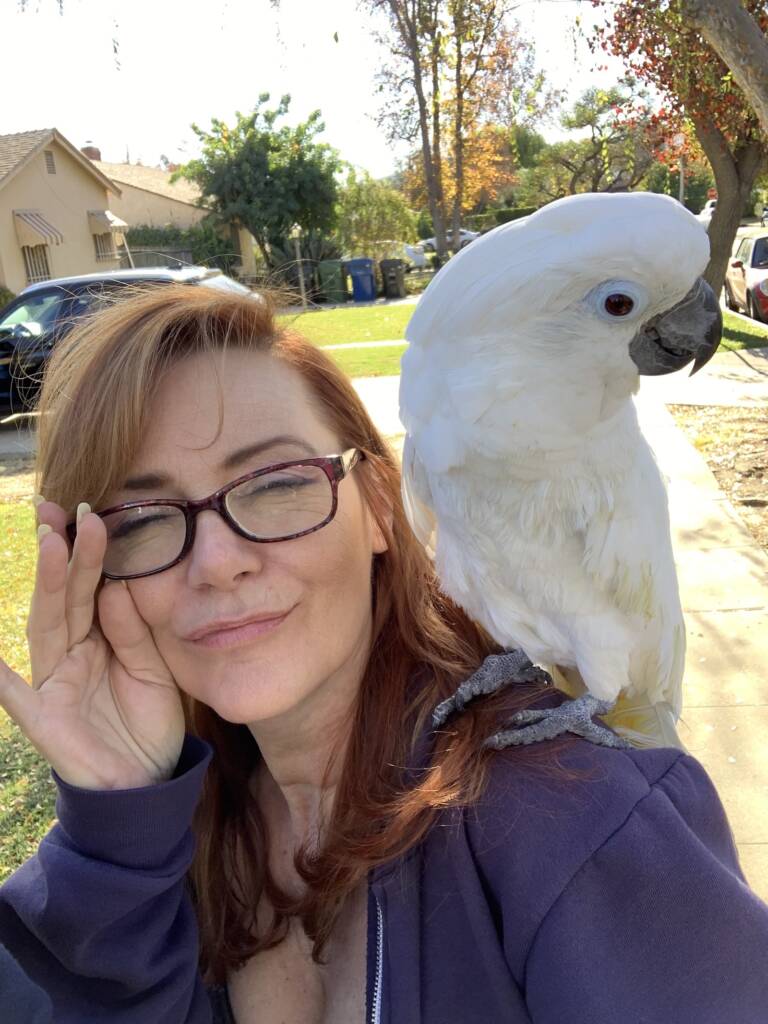
*What do you think led to your issues with alcohol and what ultimately got you to seek help?
I frequently say that I learned from the best as my father and maternal grandfather were also alcoholics. I was a very highly functioning alcoholic and so was my father. What I have come to realize is that, while you may not see the magnitude of the issue when you are functioning at a high level, you are not able to realize your full potential. This was true for my dad, and it was true for me as well. I was a working actress and a mother, but my issues with alcohol were blocking me from the very things I wanted in my life. As far as what contributed to my alcoholism, alcoholism is a disease and then there’s trauma. Some people have one or the other and I, like many, have both, because addiction and trauma are like best friends. I grew up in a time when you were applauded for shaking things off in an “I’m fine” mentality. In working on my recovery, I found that you need to treat trauma with respect. You need to acknowledge it.
I was too embarrassed to ask for help. I remember thinking about anonymously calling 800 numbers that I had seen on TV commercials for addiction and asking how to get help quietly. Around this time, my family came to me to address the problem and helped me to get into a rehab. I was fortunate as the timing for them coming to me was right. You can’t accept the help if you’re not ready to admit there is a problem. I think of it as, “You can lead a horse to water, but you can’t make them thirsty.” When my family came to me, I was very thirsty, in my fifties and in menopause. I went into a thirty-day inpatient rehab program at the Breathe Life Healing Center. For thirty days I was without access to a phone, my computer, cigarettes, which was another addiction of mine, and I wasn’t permitted to see my friends or family. I was with other patients dealing with all kinds of addiction and untreated traumas and I recognize how fortunate I was to have received this care at a time when I was ready to accept it and it changed the trajectory of my life. Not feeling alone is so important to recovery.
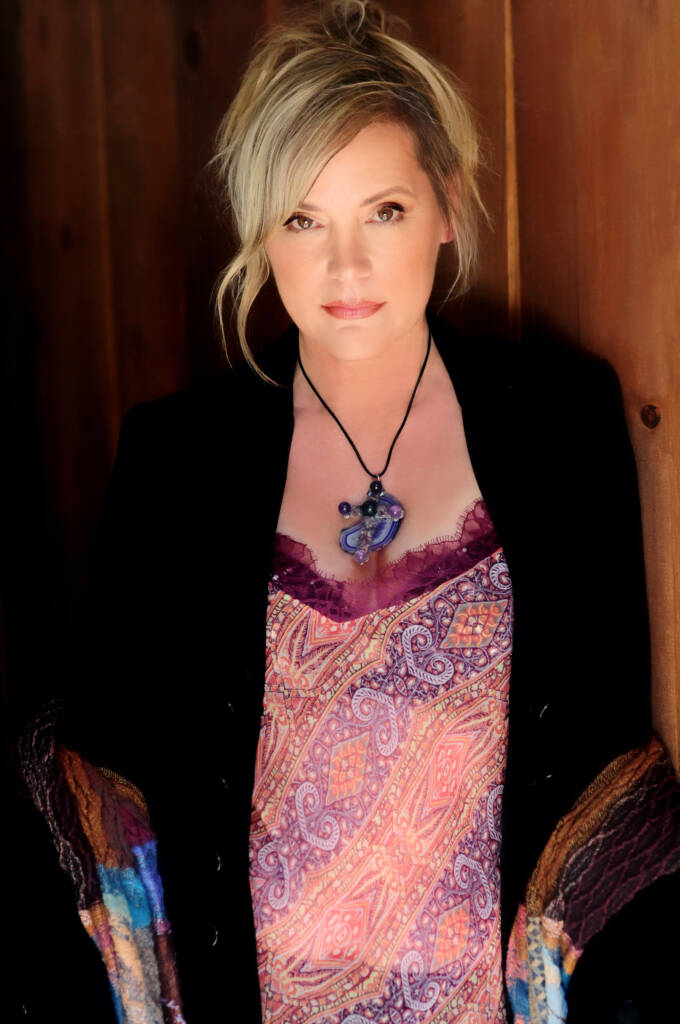
*Did your relationship with fitness and nutrition change over the course of your recovery and have any impact on your sense of health and well-being?
In terms of exercise, I think taking up kickboxing at the beginning of my sobriety was incredibly cathartic. While I loved it as a workout, and it was a great way to release stress and aggression, I went a little too much “all in” and eventually injured my hip. I started taking yoga classes until COVID hit and now my workouts, like my diet, are more of a sampling of different things. I’m in New Mexico now and love walking my dog. There are days when the dry heat can kick my butt! I use my treadmill a great deal and am constantly trying to trick and manipulate myself into working out. I’ll tell myself I’ll just do a few minutes and then say something like, “Okay, well now you should just round it off to 30 minutes.” I did find a local gym and I’m somewhat convinced that I joined because the employee at the gym remarked about how empty the place is. My motivation for fitness, post-sobriety, is vastly different because my goal isn’t to be skinny, but to be strong and healthy.
My diet has a distinct grazing type vibe. I don’t like that full, sluggish feeling I get from devouring a large meal. I am also keenly aware of my own issues with an eating disorder which branched into anorexic and bulimic behaviors. When I was younger, I had an obsessive zoom lens of what I looked like on the exterior and grew up in a time when disordered eating was extremely commonplace. As in other areas of my life, I am careful with the internal language I use. I try not to think of carbs as “evil” or certain foods as being “good” or “bad.” Moderation is something I work on. I may nix the bun on my hamburger, because I’d rather have the French Fries. I don’t particularly care for the term, “cheat day,” and instead opt for an occasional “treat day.”
*You mention focusing on feeling healthy and strong and less on just the aesthetics, or trying to look a certain way. What are the challenges of being in an industry that focuses very much on your appearance?
I like to think of the quote by C.S. Lewis, “You don’t have a soul. You are a soul. You have a body.” My goal is to nourish who I am. I once had a director food shame me and it made me feel terrible. Being constantly judged on your appearance is difficult for anyone and it’s particularly omnipresent in this industry. I try not to actively diminish my sense of self by constantly comparing myself to other actresses. There will always be someone younger, fitter, or thinner, and that relentless pursuit of an elusive perfection can take anyone down a rabbit hole.
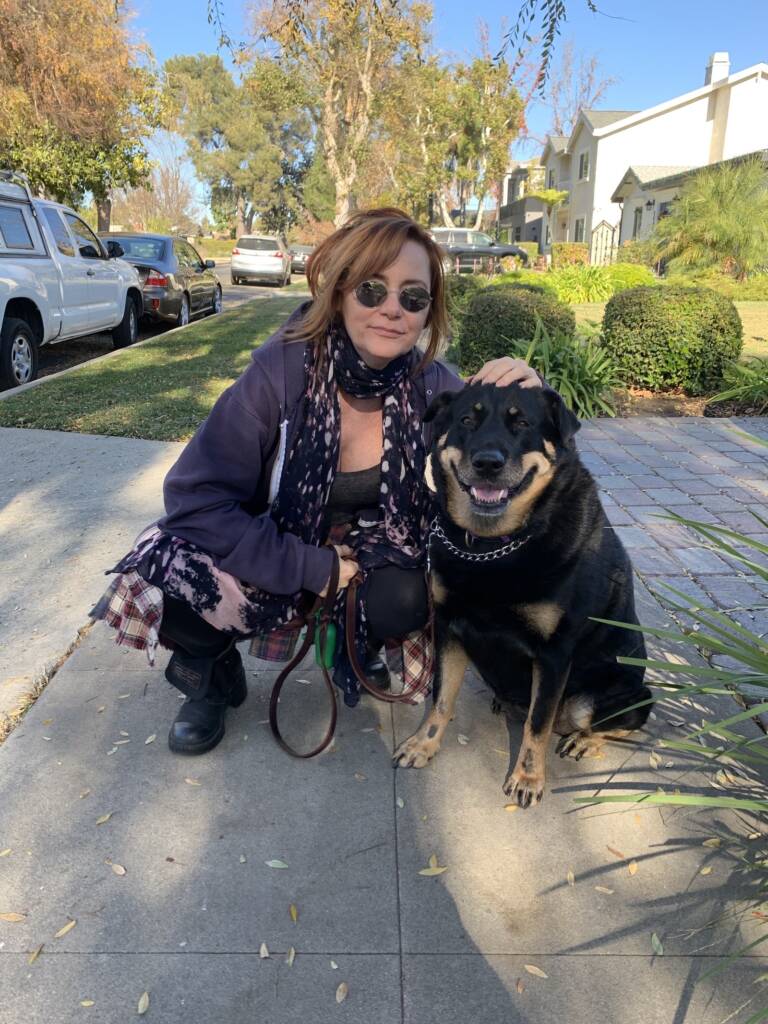
*What’s next for you?
Fans can expect even more thrills from season 2 of Big Sky, which premieres on September 30th 10/9c on ABC and I’m excited to see how things play out for Denise. I want to continue to be vocal about battling addiction to help avoid the social stigma, and also to show that we all face painful times and it’s okay to ask for help. Those of us in recovery, while in the throws of battling our disease, are the “identified problem” within our families and social groups but, once in recovery, we become the “identified possibility!” My possibility is in the present moment and the sky is the limit!
You can follow Dedee Pfeiffer on Instagram at @dedeepfeifferofficial
About the author: Charlene Bazarian is a fitness and weight loss success story after losing 100 pounds. She mixes her no-nonsense style of fitness advice with humor on her blog at Fbjfit.com and on Facebook at FBJ Fit.
